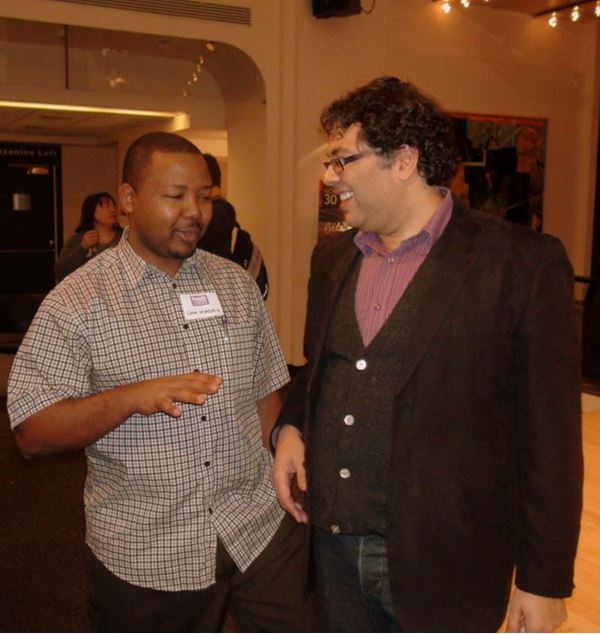Independent Study
It is imperative to make a distinction between a teacher and an educator since most academicians and practitioners write or think that they are the same or use these words interchangeably. Given my 25 years of teaching, facilitating and generally educating at different universities and organizations, I have developed my own theories about the differences between a teacher and an educator. Traditionally, a teacher is a person who transfers monologue knowledge to students in a school setting. On the other hand, an educator is a person who guides learners on a dialogue discovery journey of what interests learners in school or outside of a school setting. From my experiences, teachers who involve their students in their learning journeys can be refereed to as educators. In my opinion, education is the outcome of the leanings gained from our lived experiences in the world. This takes us back to the broader definition of schooling being a small subject of education.
Teaching does not necessarily imply learning. A teacher can transfer all the knowledge on a topic to students but that does not mean that students learned. It only means that the teacher taught and fulfilled the teacher’s role. Whatever names and title labels we want to call ourselves has never been my concern. My real concern is how the learning process takes place, whether learners are involved in developing their learning content and learner-educator levels of engagement during the learning process. This is perhaps why Benjamin Franklin’s quote above makes sense. When my grade two son comes back home from school, we always share what he learned and how it unfolded. Whenever he narrates the exercises, games, stories and the playful activities that his teacher used to guide them into meaning making of what would have been difficult math, science and so on, I always feel that my son’s teacher is a great educator!
I want to submit that in general, the role of the educator in any learning environment depends on whether they want to be Process Advocates or Content Experts. If content expertise is chosen, we then expect to see lecturing, more power-points, teaching curriculum’s, strict exams, long talking and speeches and tight grading systems which will all define the role of the educator in that context. However, if process advocacy is preferred, then we should see more dialogue on building learning content based on learner’s needs and interests, learners being in control of their own learning process with the educator as a guide or co-driver, the educator and the learner should be seen as co-learners, co-explorers, nurturing, hypothesizing, approaching and resolving learning challenges together.
For all the courses I have facilitated, I do not remember feeling like I know more than my participants know. What I know is that I have mastered the art of creating safe learning spaces that provide both learners and myself with the comfort we need to freely give and receive constructive feedback to each other; engage in discovering the unknown and reassuring ourselves of what we think we know/knew (relearning). That is what I call process advocacy which in my opinion should be the focus for all educators regardless of title or label.
“I have learned that people will forget what you said, people will forget what you did, but people will never forget how you made them feel.” – Maya Angelou.
introduction
Talk to me for help
I help global learners with their ambition’s most critical issues and opportunities. Together, we create enduring change and results.

career
Find your will now
I help global scholars with their organization’s most critical issues and opportunities. Together, we create enduring change and results.


